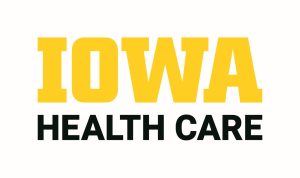Iowa City City Council votes to renew downtown SSMID
Annie Smith Barkalow

University of Iowa Health Care cites inflation as one factor for its rate increase request.
In addition to grocery store and building material costs, consumers – or in this case, patients – can add hospitals to the growing list of sectors facing price hikes.
At the Iowa Board of Regents meeting June 11, University of Iowa Health Care received approval to increase chargemaster rates for its clinical enterprise by 6% for FY2026. Chargemaster rates are the hospital’s official list…

Get immediate, unlimited access to all subscriber content and much more.
Learn more in our subscriber FAQ.
Do you want to read and share this article without a paywall?
